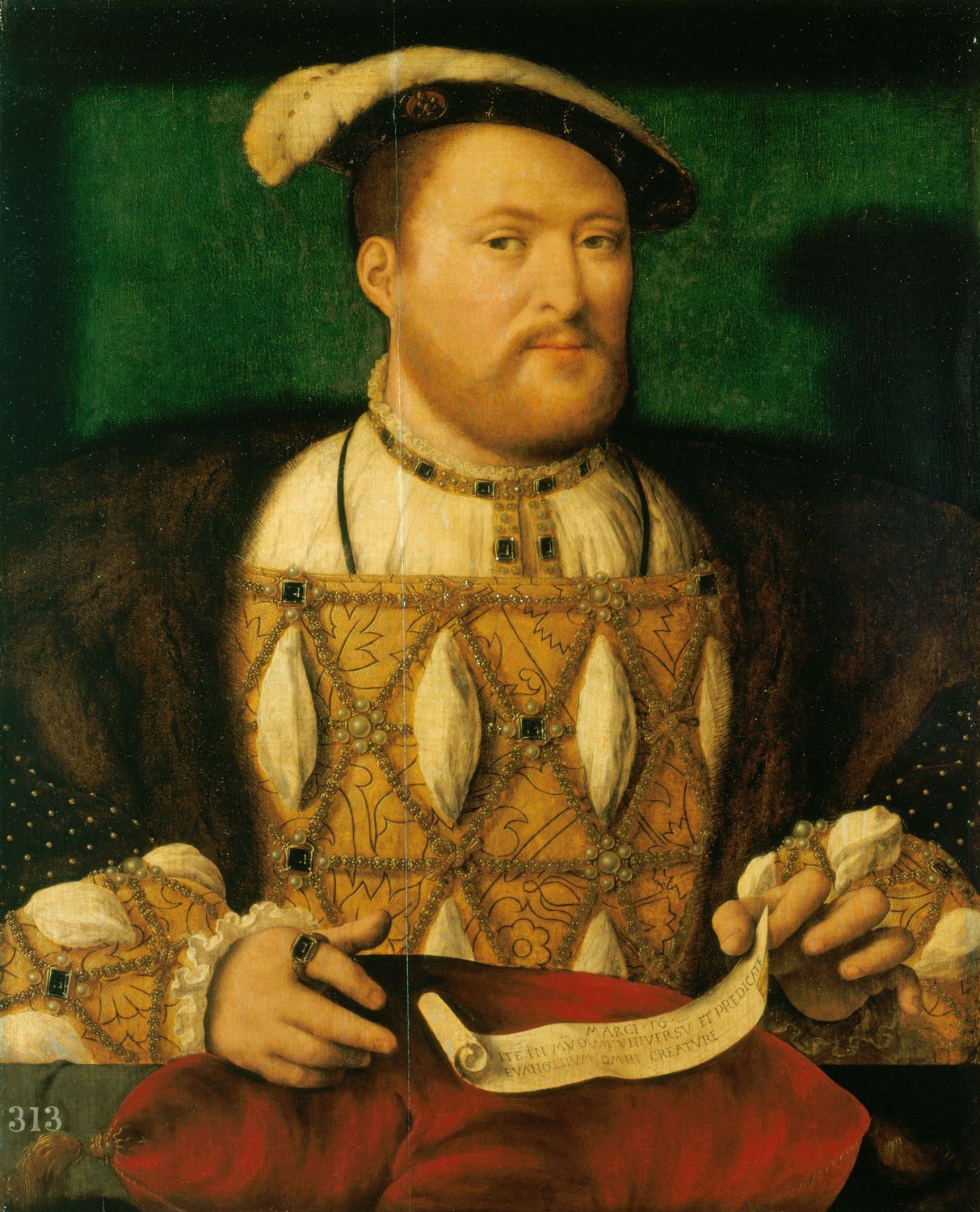The English Reformation began during the reign of Henry VIII.
Within the context of the period, and taking into consideration the religious environment in England for the preceding one-hundred-and-fifty years, these results are not really surprising. One of the results of the English Reformation was the vilification of the Roman Church, a process similar to the one that took place in all the Protestant states in Europe. What is perhaps more surprising is the way in which dissenters viewed other dissenting groups. Not only did nonconformist sects fail to present a unified front, but they often looked at each other in much the same way as the orthodox community viewed dissent overall. In his Neck of the Quakers Broken, Lodowick Muggleton recorded an inter-sectarian dialogue between himself and several Quakers. Both sides take a decidedly polemical approach to the discussion, slinging insults and invective back and forth. Dissenters would also criticize the Anglican Church, finding fault with the Book of Common Prayer, and practices that they saw as being too close to those of Catholicism.
The outcome of this plurality of opinion is that there was no consensus at any level of London society on how to deal with religious nonconformism. And that is the gist of my argument.
- Rod

This is very informative and straight to the point. I would like to hear more about different believes that Quakers held, that made them seen as an outcast group.
ReplyDelete